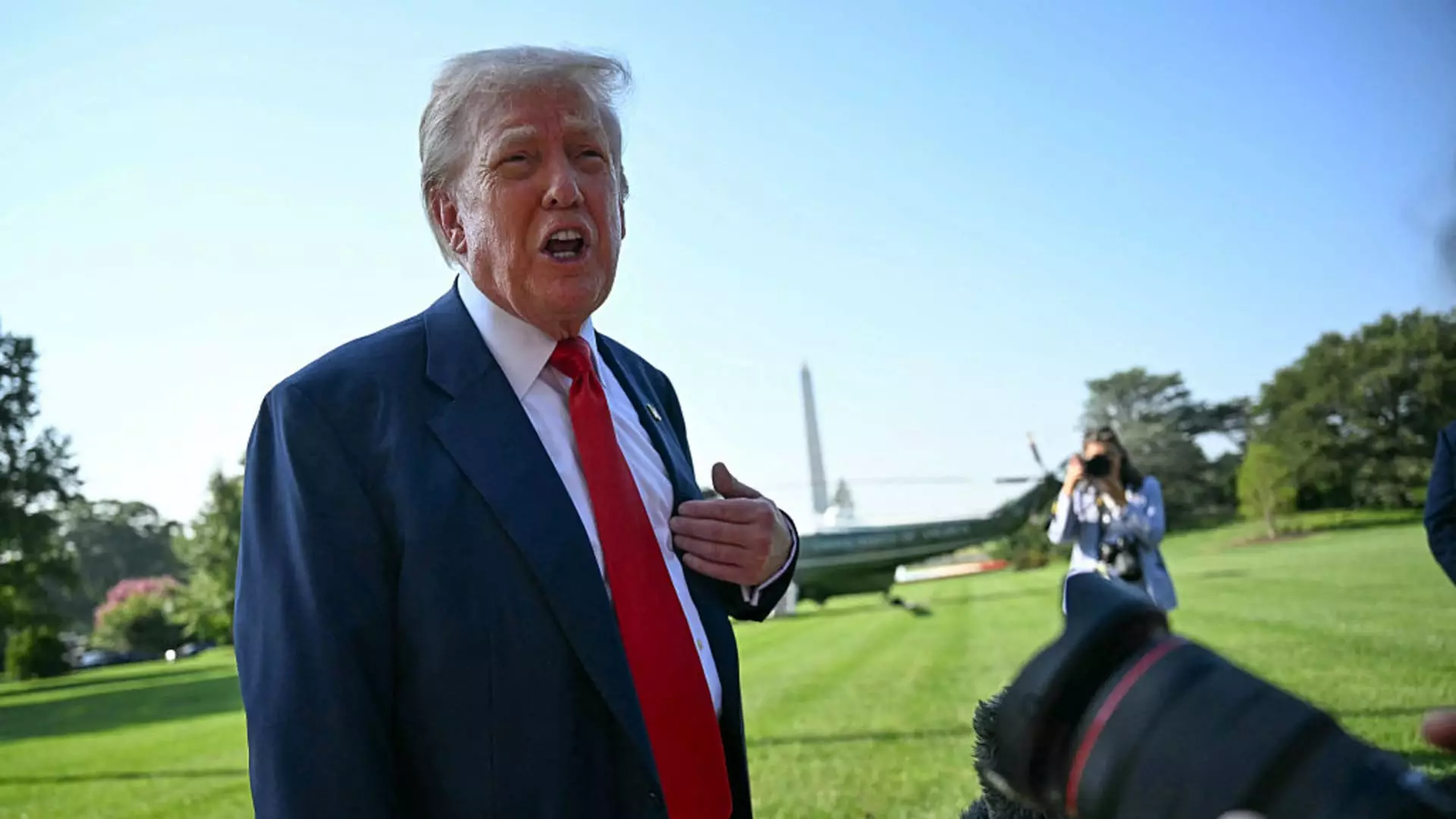In the swirling controversy surrounding Jeffrey Epstein and Ghislaine Maxwell, the public is often left grappling with a carnival of misinformation and selective silence. The recent evasive stance taken by prominent figures, including former President Donald Trump, reveals a strategic effort to minimize scandal and deflect responsibility. Trump’s repeated disassociations from Epstein seem less like genuine repudiation and more like orchestrated attempts to distance himself from a shadowy web of influence that entangles the political and financial elite. This pattern underscores how those in the upper echelons of power often orchestrate narratives that shield their own reputations while conveniently highlighting others—like Bill Clinton or Harvard dignitaries—to divert scrutiny.
The politics of guilt and innocence in this context are deeply problematic. Trump’s claim that “I don’t have anything to do with Epstein” is less about truth and more about strategic distancing. Such statements serve to absolve individuals of complicity while allowing darker truths to simmer beneath the surface. Underneath this veneer of innocence is an undeniable断pattern where social circles of the powerful intersect with clandestine networks, making accountability an impossibility for ordinary citizens. The reluctance to confront the broader systemic issues reveals a troubling favoritism built into the fabric of elite privilege.
The Double Standard in Justice and Media Distraction
The case of Ghislaine Maxwell exemplifies how justice is often skewed by those wielding influence. While Maxwell faces a lengthy prison sentence, her treatment and the scrutiny she endures seem disproportionately intense compared to the murky depths of actual political or corporate complicity. Public discourse tends to focus narrowly on her rather than on implicating the broader networks she operated within, thereby perpetuating a narrative that is easier to digest. Such selective outrage conveniently ignores the complex web of wealth, influence, and power that sustains these abuses.
Furthermore, the media plays an essential role in shaping this narrative. The coverage often veers toward sensationalism, reducing systemic issues to salacious gossip rather than addressing the underlying power dynamics. Attention to Maxwell’s conditions in prison and her legal defenses provides a distorted view that superficializes the deeper societal failures. It’s almost as if society prefers a simplified story—one that villainizes Maxwell and Epstein—rather than engaging with the uncomfortable reality that many powerful individuals may be protected by layers of legal immunity, political sway, and media complicity.
The Politics of Transparency and Accountability
One of the more troubling aspects is the inconsistent pursuit of transparency. President Trump’s recent directive for the unsealing of grand jury transcripts appears to be a calculated move, likely motivated by political expediency rather than genuine pursuit of truth. The failure of federal agencies to promptly release documents—despite promising transparency—exposes a lamentable gap between rhetoric and action. This gap reinforces a culture where accountability is routinely deferred or obstructed by institutional interests.
The interactions with Maxwell—particularly the secretive meetings with Deputy Attorney General Todd Blanche—highlight a troubling trend: justice is often mediated through behind-the-scenes deals, rather than public scrutiny. Maxwell’s lawyer’s desperate rhetoric about unfair treatment and being a scapegoat tries to evoke sympathy for one of the key figures in a systemic problem. Yet, this tactic functions more as a smokescreen, camouflaging the fact that true accountability would require exposing the full extent of influence and corruption involved.


Leave a Reply